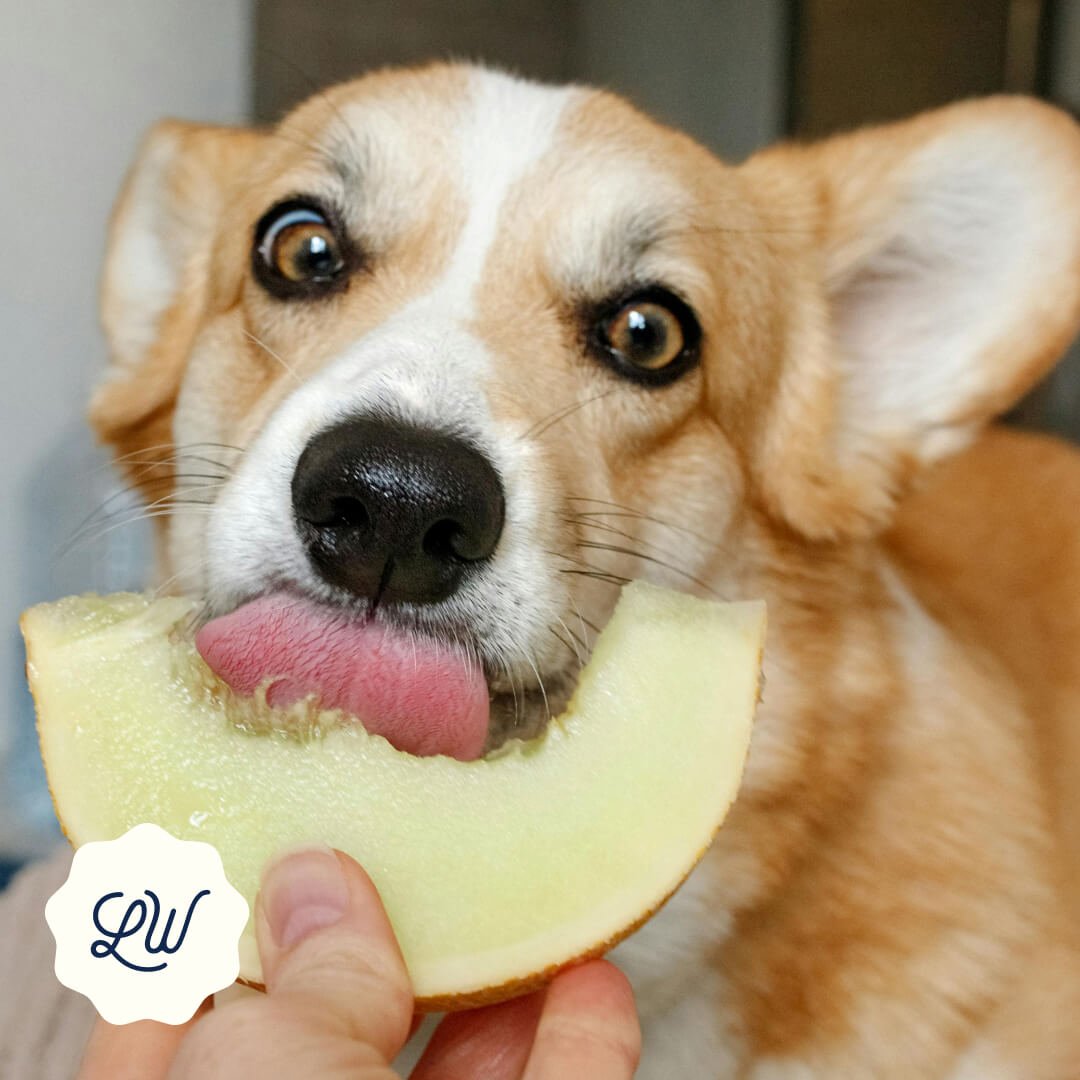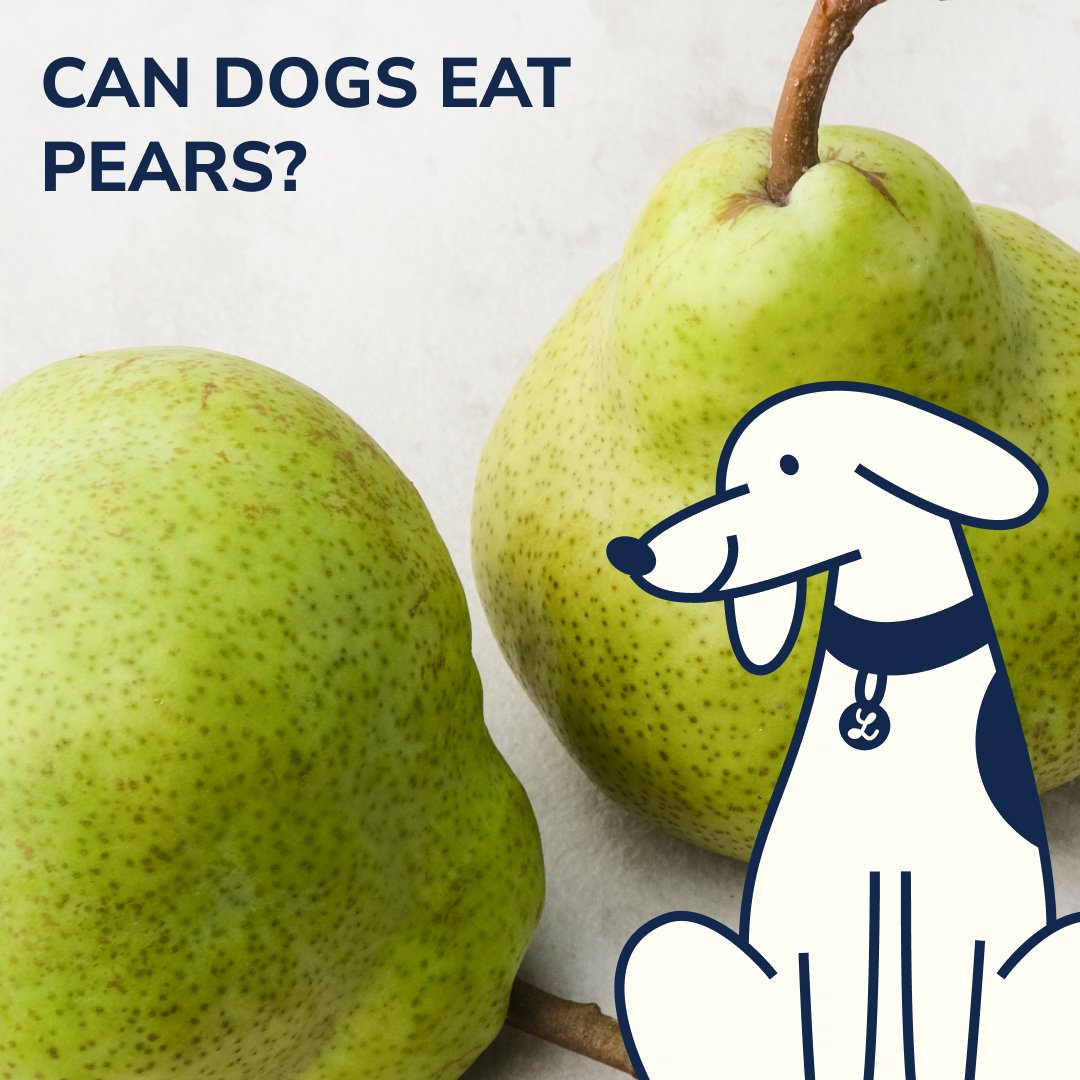As the summer sun appears, melons come into season, gracing our tables with refreshing sweetness. For many dog owners, the temptation to share this juicy treat with their furry companions is strong, fueled by the joy of enhancing the human-dog bond through shared experiences. But is melon safe for dogs? Let's dive into the nutritional properties of melon for dogs and how they can benefit dogs, followed by a guide on how much can be shared and how to introduce this delightful fruit into your dog's diet safely.
The Nutritional Properties of Melons
Melons, including cantaloupe, honeydew, and watermelon, are more than just a sweet treat; they are packed with nutrients that can be beneficial for both humans and dogs. Here’s a closer look at what melon for dogs can offer:
Vitamins and Minerals: Melons are rich in vitamins A, B6, and C, which are essential for a dog’s health. Vitamin A supports vision, immune function, and skin health, while Vitamin B6 is crucial for brain development and function. Vitamin C, although not essential for dogs since they can synthesize it, can still boost their immune system and overall health.
Hydration: With their high water content (up to 90%), melons are excellent for hydration, particularly in the hot summer months. This makes them a great snack to help keep your dog cool and hydrated.
Fiber: The dietary fiber in melons aids in digestion and can help maintain healthy bowel movements, which is beneficial for dogs prone to digestive issues.
Antioxidants: Melons contain antioxidants like beta-carotene and lycopene (especially in watermelons), which help fight free radicals and reduce inflammation, promoting overall wellness.
Low-Calorie Snack: Melons are low in calories, making them an ideal treat for dogs, particularly those who need to manage their weight. They provide a sweet taste without the added calories found in many commercial dog treats.
Benefits of Melon for Dogs
Given these nutritional properties, melons can provide several health benefits to dogs:
Improved Hydration: Especially important during summer, melons can help keep dogs hydrated, supporting their overall health and preventing heat-related illnesses.
Digestive Health: The fiber content aids digestion and can help with issues such as constipation or irregular bowel movements.
Boosted Immune System: The vitamins and antioxidants in melons support a strong immune system, helping dogs fend off illnesses.
Healthy Skin and Coat: Vitamins A and C contribute to healthy skin and a shiny coat, making your dog look and feel better.
Introducing Melon to Your Dog’s Diet
While melons are generally safe for dogs, it’s important to introduce them correctly to avoid any potential health issues. Here’s a step-by-step guide:
Choose the Right Melon: Stick to common varieties like cantaloupe, honeydew, and watermelon. Avoid any melons with added sugars or other additives.
Wash Thoroughly: Before cutting, wash the melon’s rind thoroughly to remove any pesticides or contaminants that could harm your dog.
Remove Seeds and Rind: Always remove the seeds and rind before giving melon to your dog. Seeds can cause intestinal blockage, and the rind can be tough to digest, leading to gastrointestinal upset.
Cut into Bite-Sized Pieces: Cut the melon into small, manageable pieces to prevent choking. The size of the pieces should be appropriate for your dog’s size.
Introduce Gradually: Start with small amounts to see how your dog reacts. Monitor for any signs of digestive upset, such as diarrhea or vomiting.
Moderation is Key: Melons should be given as an occasional treat and not as a substitute for a balanced diet. A few pieces a day are enough for a medium-sized dog.
Observe for Allergies: While rare, some dogs may be allergic to melons. If you notice any unusual symptoms like itching, swelling, or difficulty breathing, stop feeding the melon immediately and consult your vet.

Fun Ways to Serve Melon for Dogs
To make melon treats more exciting, here are a few fun ideas:
Melon Ice Cubes: Freeze small pieces of melon in an ice cube tray. These make a refreshing and hydrating summer treat.
Melon Puree: Blend melon into a puree and mix it with your dog’s regular food for a nutritious boost.
Melon Popsicles: Combine melon pieces with a bit of cottage cheese and freeze them in a popsicle mold for a creamy, cool snack.
Sharing melon with your dog can be a delightful way to strengthen the bond between you and provide a nutritious, hydrating treat. By understanding the benefits and following proper preparation guidelines, you can ensure that this summer snack is a safe and healthy addition to your dog’s diet. Always remember to introduce new foods gradually and consult with your veterinarian if you have any concerns about your dog’s diet. Enjoy the sunny days and the joy of sharing a refreshing bite of melon with your best furry friend!





